Coronavirus: does test-and-trace work to keep Covid-19 cases down?
Experts say UK’s £12bn system is having ‘marginal impact’ infections rates - but are other countries faring any better?
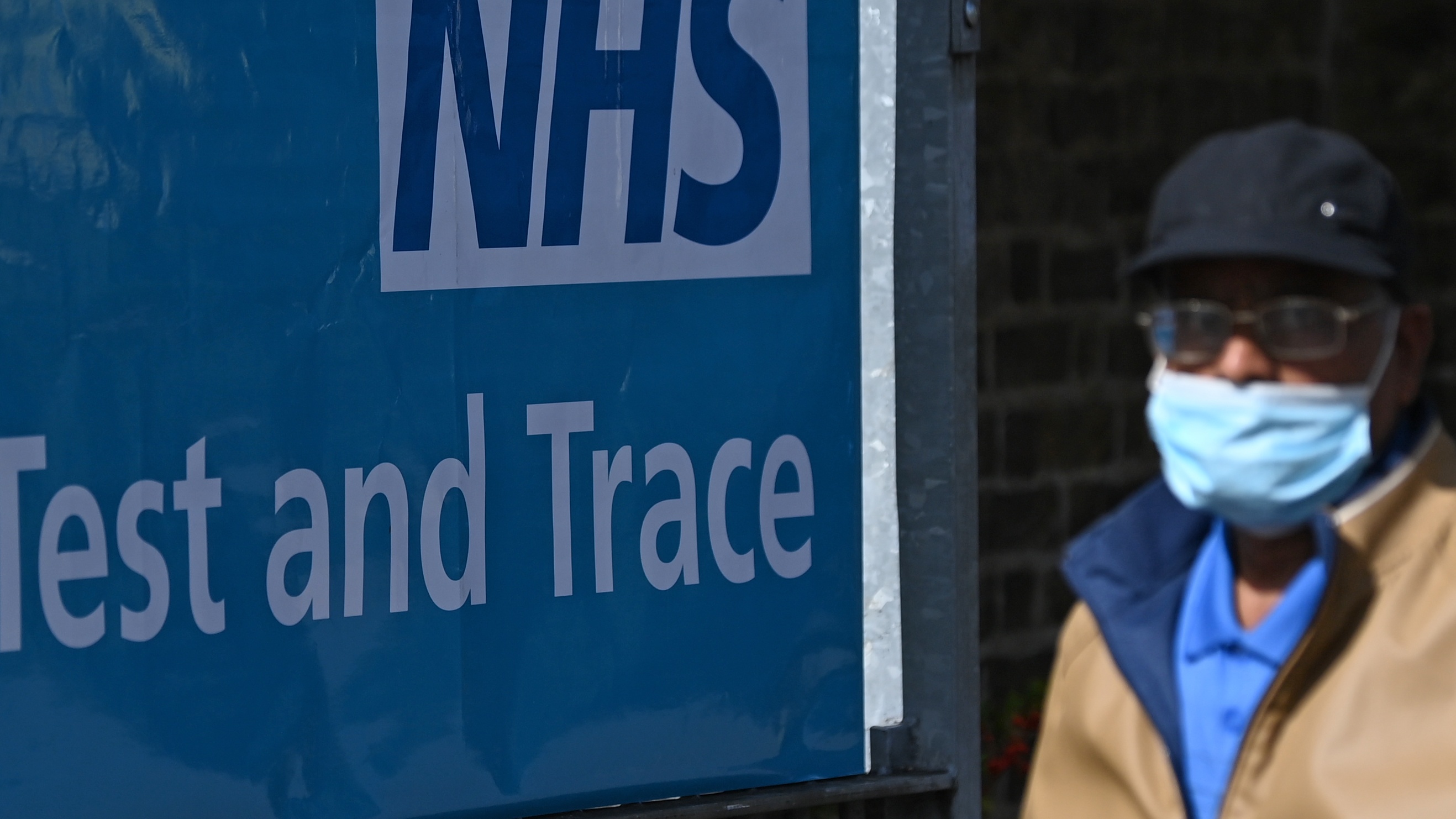
A free daily email with the biggest news stories of the day – and the best features from TheWeek.com
You are now subscribed
Your newsletter sign-up was successful
The UK’s much-maligned test-and-trace system is failing to reduce Covid-19 transmission at anything like the rate achieved in many other countries, official figures show.
An assessment by Downing Street’s scientific advisers earlier this month found that the UK scheme is only “having a marginal impact” on infection rates, despite the £12bn price tag for the system, as well as a scrapped first effort.
Test-and-trace technology in nations worldwide has been “beset by issues of privacy and public support over both downloading and using apps and also with a wider willingness to abide by isolation measures”, says The Guardian. But can the strategy be an effective solution for controlling the coronavirus?
The Week
Escape your echo chamber. Get the facts behind the news, plus analysis from multiple perspectives.

Sign up for The Week's Free Newsletters
From our morning news briefing to a weekly Good News Newsletter, get the best of The Week delivered directly to your inbox.
From our morning news briefing to a weekly Good News Newsletter, get the best of The Week delivered directly to your inbox.
Can test-and-trace reduce infections?
A study by researchers at Imperial College London has found that “test and trace could reduce the effective reproduction number, the R number, by up to 26% if carried out quickly and effectively”.
To reduce the R rate dramatically, 80% of cases and contacts had to be identified, with “immediate testing following symptom onset and quarantine of contacts within 24 hours”, according to the experts, who outline their findings in a paper published in The Lancet in August. But the UK’s system is “falling short of that”, the team added.
Despite these failures, Professor Nicholas Grassly of Imperial’s School of Public Health has argued that “effective testing is key to controlling the coronavirus pandemic”.
A free daily email with the biggest news stories of the day – and the best features from TheWeek.com
However, Bluetooth contact tracing is “largely unproven” and has “only been introduced during the pandemic”, says Wired, pointing to concerns that “as Bluetooth wasn’t built for contact tracing, there’s a chance that measurements may be incorrect”.
Test-and-trace apps also require large numbers of people to download them in order to be effective, meaning “trust in the government will play a big part in this”, adds the tech-focused news site.
NHS figures show that more than ten million people had downloaded the UK’s app by the end of September, which equates to around 15% of the population. By comparison, 19.3 million Germans had downloaded Berlin’s tracing app by the end of October - just over 22% of the population.
So do apps keep cases down?
“In the absence of an effective treatment or vaccine for SARS-CoV-2, identifying and isolating infected people is currently the only option” for tackling the pandemic, says Andrew Lee, a reader in global public health at the University of Sheffield. But contact tracing is “laborious and time consuming”.
To be effective, these systems need to be fast and reliably identify “most – if not all – contacts an infected person has had during their infectious period”, Lee writes in an article on The Conversation.
Faced with that challenge - and after learning a painful lesson from its slow response to the 2015 Mers outbreak - South Korea “began building its testing system in January within days of identifying its first cases, summoning representatives of 20 major medical companies to an emergency planning meeting”, The Guardian reports.
Just days later, “a diagnostic test had been approved for emergency use and the country was setting up drive-through testing facilities”, the paper adds.
Between April and early August, South Korea saw only one day when new infections reached triple figures, with the current total tally standing at 25,955 Covid cases and 457 related deaths, according to latest figures.
Singapore was also quick on the uptake, becoming the first country to launch a test-and-trace app, which had been downloaded by 2.1 million people as of the start of July - about 35% of the population.
The city-state later released “TraceTogether Tokens” - small “wearable devices complement the island’s existing contact-tracing app”, the BBC says. The impact of the quick rollout is seen in Singapore’s comparatively low coronavirus tally of 57,970 cases and 28 deaths.
Europe’s most prominent success story, Germany, is another country that quickly established testing centres. Unlike in the UK, Germany’s test-and-trace was not centralised, owing in part to the federal system of government, and was often outsourced to private companies.
Athough the system has “suffered a number of hiccups”, Germany’s coronavirus tracing app transmitted “1.2 million test results from labs to users during the first 100 days”, The Independent reports.
Where have they failed?
The UK is not the only country to have stuttered in efforts to roll out effective tracing software, with many neighbouring nations experiencing similiar problems. Indeed, “if Europe has a strategy to stop the spread of Covid-19, it’s keeping it well hidden”, Bloomberg says.
Under pressure to ramp-up testing efforts, French Health Minister Olivier Veran took a similar approach to that of Boris Johnson, pledging to deliver a million tests a week by 1 September.
“The upshot has been that French testing laboratories have been overwhelmed, leading to many of the same difficulties in finding tests seen in the UK, with hour-long queues in some places and delays in receiving results,” The Guardian reports.
This difficulty in launching effective testing is reflected in the country’s Covid tally, with more than 1.1 million infections and 34,789 deaths to date. France yesterday reported just over 52,000 new cases, more than South Korea’s total number of infections.
And it is a similar story in Spain, where Bloomberg last month reported that contact tracers were “struggling with a decline in contacts identified per positive case”. With the figure per infected person lingering at around three, “this is needle-in-a-haystack territory”, Bloomberg this news site adds.
Spain has so far reported more than a million Covid cases and 34,752 related deaths.
So does tracing work?
As Lee writes on The Conversation, the most important test of a tracing system is whether “the system is fast enough to identify possible cases”. “If the test takes days (from sample collection to processing through to reporting results), that introduces too much delay at the point when the disease is most infectious,” he says.
Countries that launched test-and-trace systems quickly were able to keep cases down, which meant their systems did not become overwhelmed with cases later down the line.
In other words, “the UK probably could and should have expanded its testing and contact tracing programmes earlier on”, Lee concludes. Launching so late means that “without an effective system in place, outbreaks will occur, infections will spread, and there may be no alternative other than to impose further lockdowns”.
What will bolster the effort now is ensuring that people continue to download the app in order to improve the data available to government advisers, and boosting testing capacity to avoid people being “forced into long waits for tests or results, which have undermined their usefulness”, The Guardian adds.
Joe Evans is the world news editor at TheWeek.co.uk. He joined the team in 2019 and held roles including deputy news editor and acting news editor before moving into his current position in early 2021. He is a regular panellist on The Week Unwrapped podcast, discussing politics and foreign affairs.
Before joining The Week, he worked as a freelance journalist covering the UK and Ireland for German newspapers and magazines. A series of features on Brexit and the Irish border got him nominated for the Hostwriter Prize in 2019. Prior to settling down in London, he lived and worked in Cambodia, where he ran communications for a non-governmental organisation and worked as a journalist covering Southeast Asia. He has a master’s degree in journalism from City, University of London, and before that studied English Literature at the University of Manchester.
-
 Political cartoons for February 16
Political cartoons for February 16Cartoons Monday’s political cartoons include President's Day, a valentine from the Epstein files, and more
-
 Regent Hong Kong: a tranquil haven with a prime waterfront spot
Regent Hong Kong: a tranquil haven with a prime waterfront spotThe Week Recommends The trendy hotel recently underwent an extensive two-year revamp
-
 The problem with diagnosing profound autism
The problem with diagnosing profound autismThe Explainer Experts are reconsidering the idea of autism as a spectrum, which could impact diagnoses and policy making for the condition
-
 Palantir’s growing influence on the British state
Palantir’s growing influence on the British stateThe Explainer Despite winning a £240m MoD contract, the tech company’s links to Peter Mandelson and the UK’s over-reliance on US tech have caused widespread concern
-
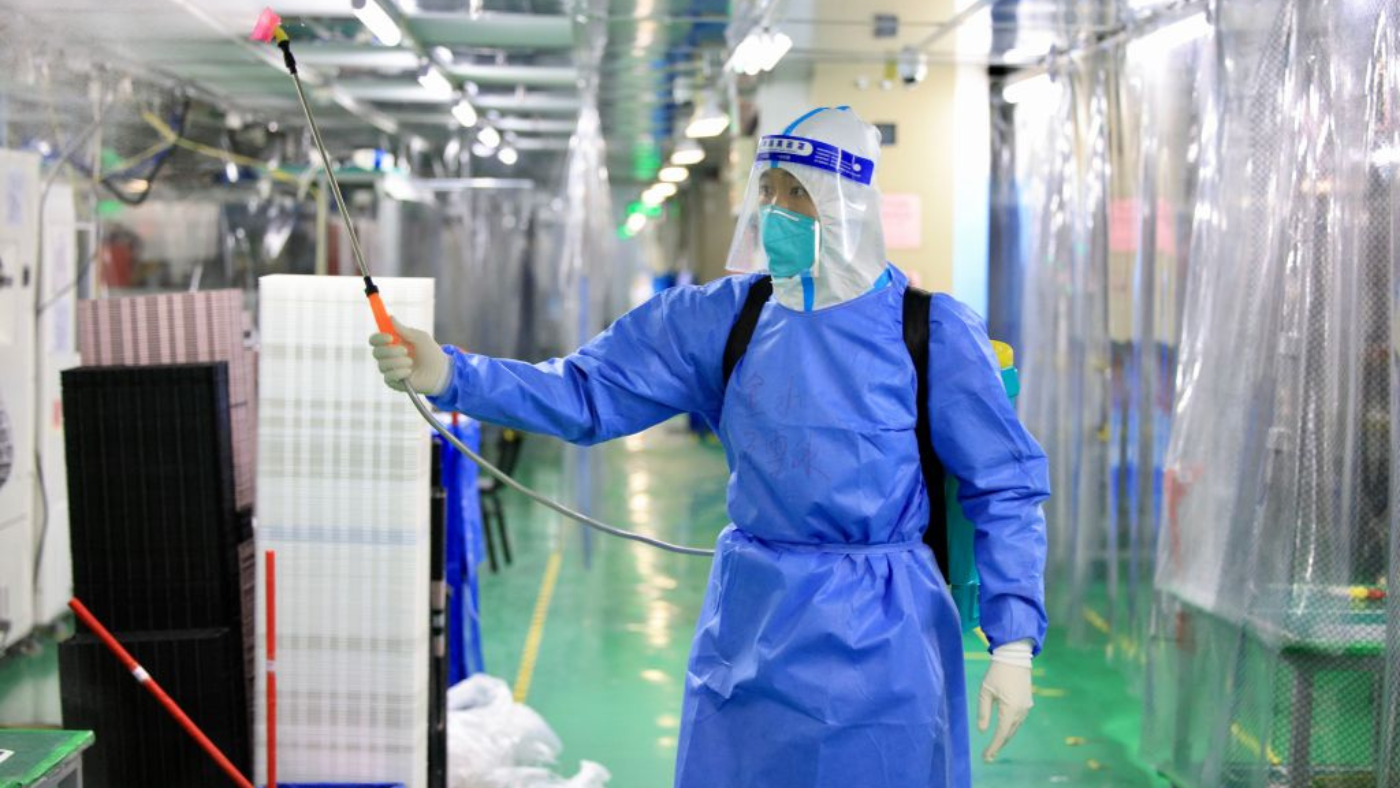 Apple’s Foxconn iPhone nightmare
Apple’s Foxconn iPhone nightmareTalking Point Zero-Covid protests in Zhengzhou slow down production of flagship smartphones ahead of Christmas rush
-
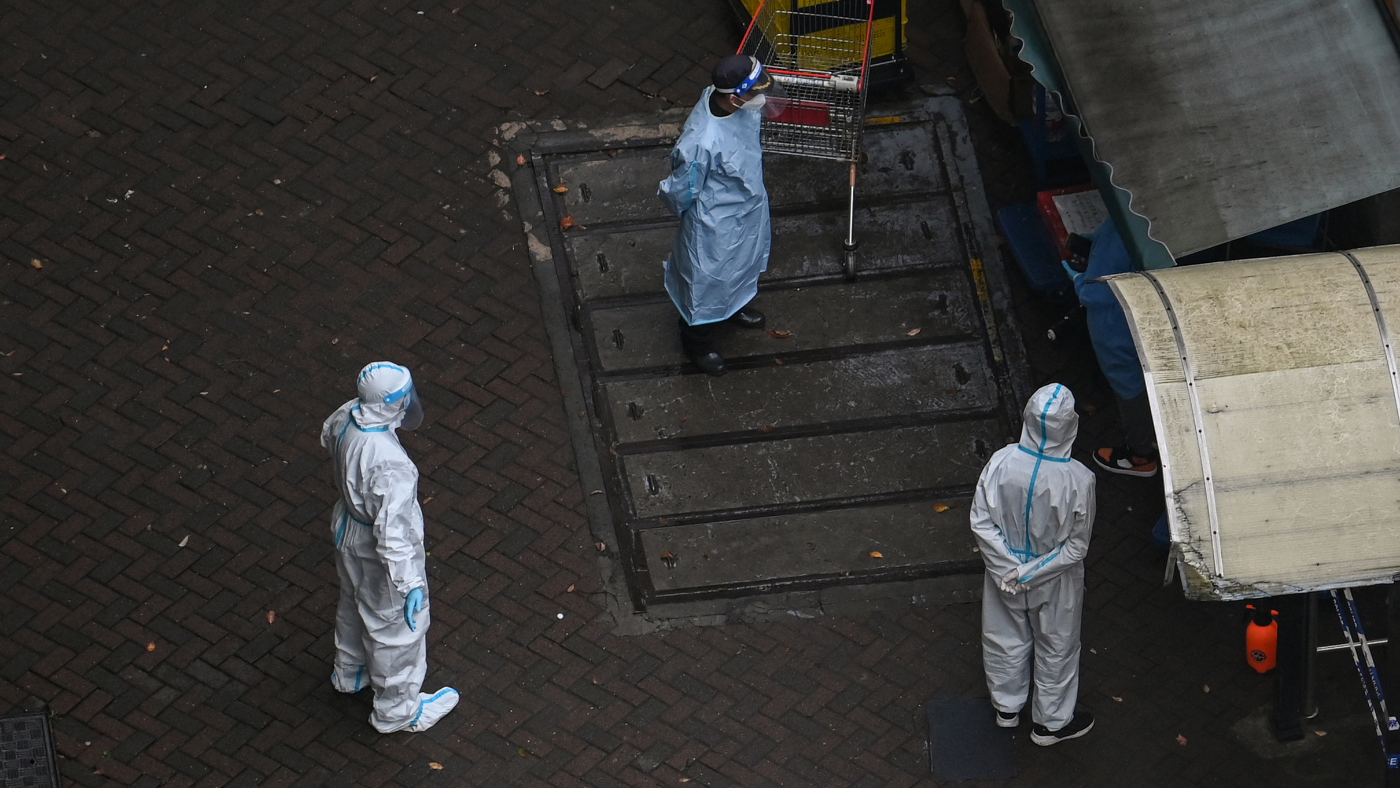 Why Covid is threatening the world’s supply of iPhones
Why Covid is threatening the world’s supply of iPhonesfeature Chinese authorities working with key companies to resume production
-
 YouTube will now ban misinformation on all common vaccines, not just those for COVID-19
YouTube will now ban misinformation on all common vaccines, not just those for COVID-19Speed Read
-
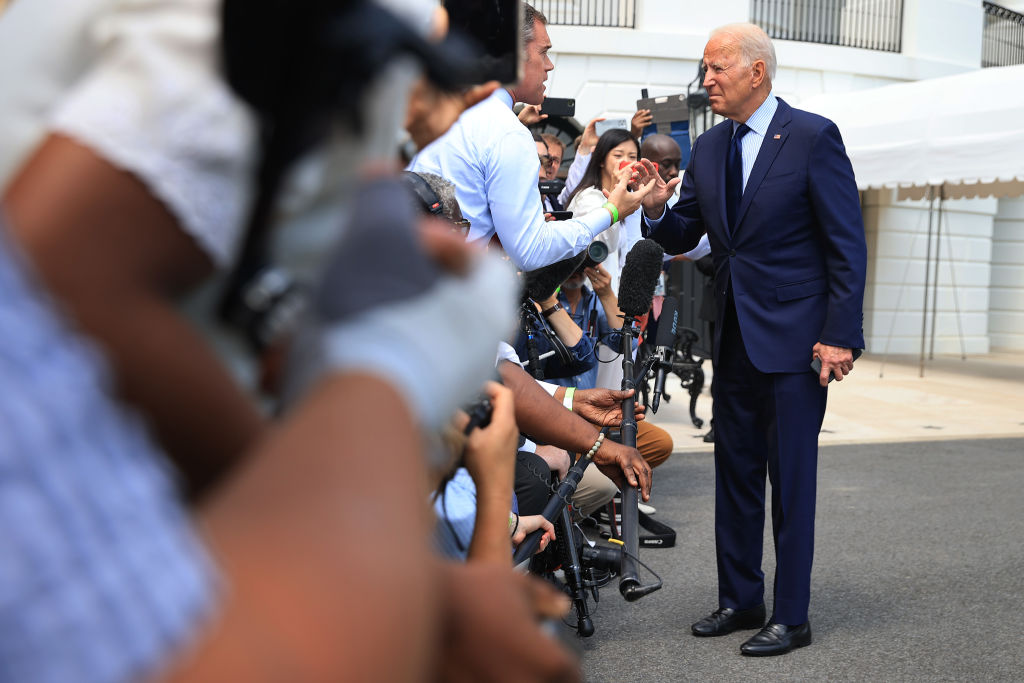 Biden calls out Facebook for vaccine misinformation: 'They're killing people'
Biden calls out Facebook for vaccine misinformation: 'They're killing people'Speed Read
-
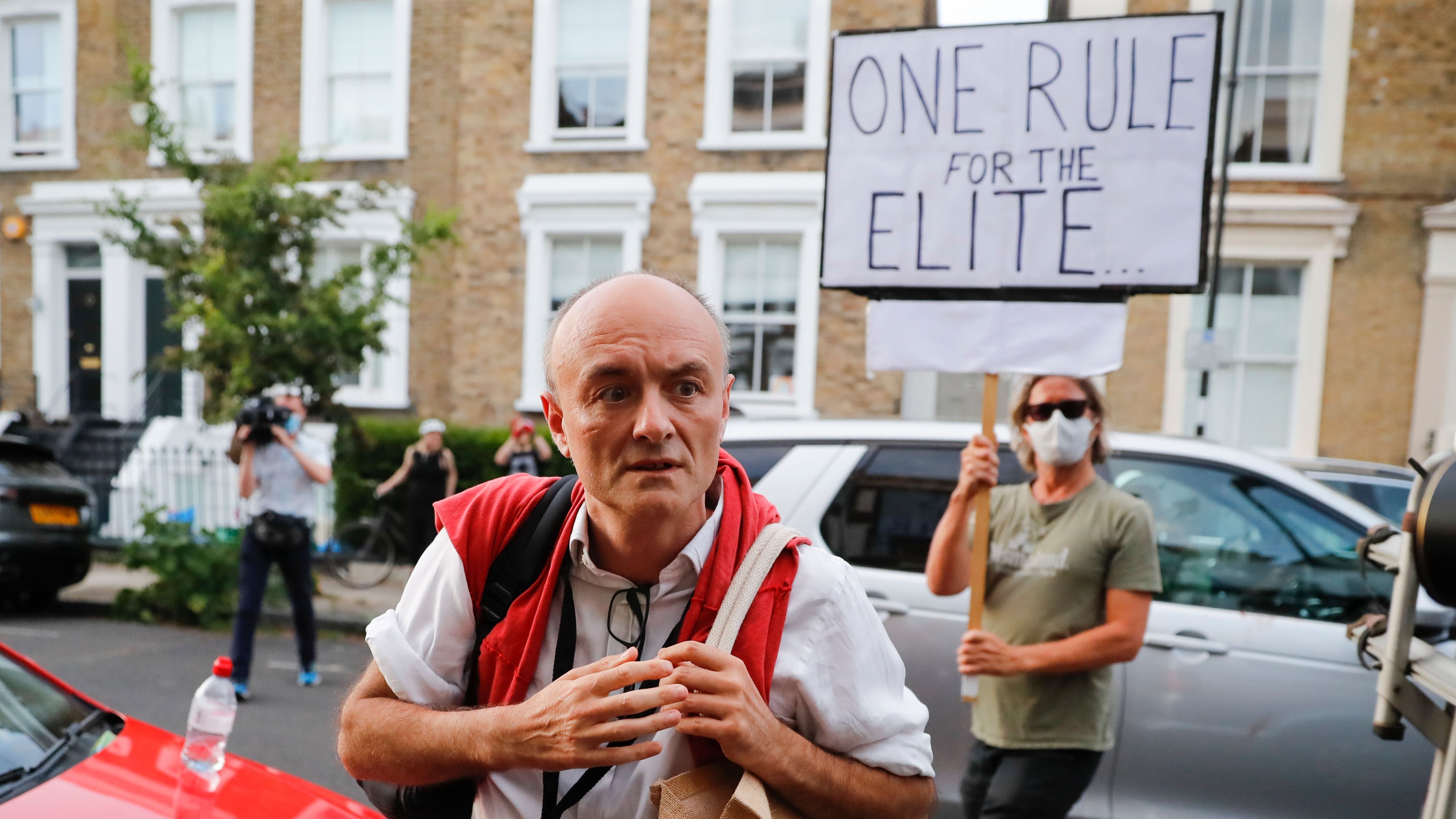 Playing Cupid during Covid: Tinder reveals Britain’s top chat-up lines of the year
Playing Cupid during Covid: Tinder reveals Britain’s top chat-up lines of the yearSpeed Read Prince Harry, Meghan Markle and Dominic Cummings among most talked-about celebs on the dating app
-
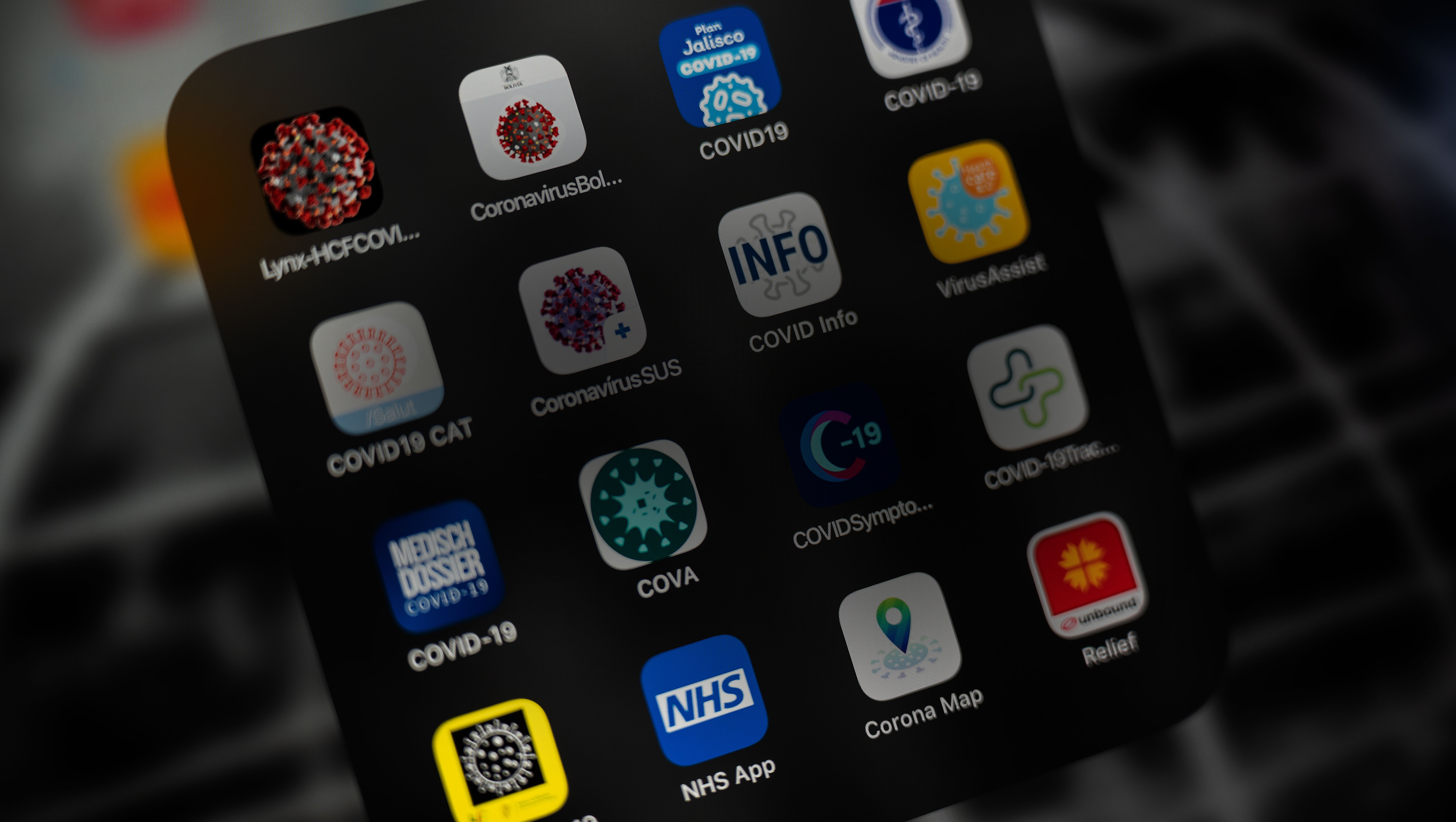 Coronavirus: do Covid-19 tracking apps work?
Coronavirus: do Covid-19 tracking apps work?In Depth The promise that technology would deliver us from the pandemic has not yet been fulfilled
-
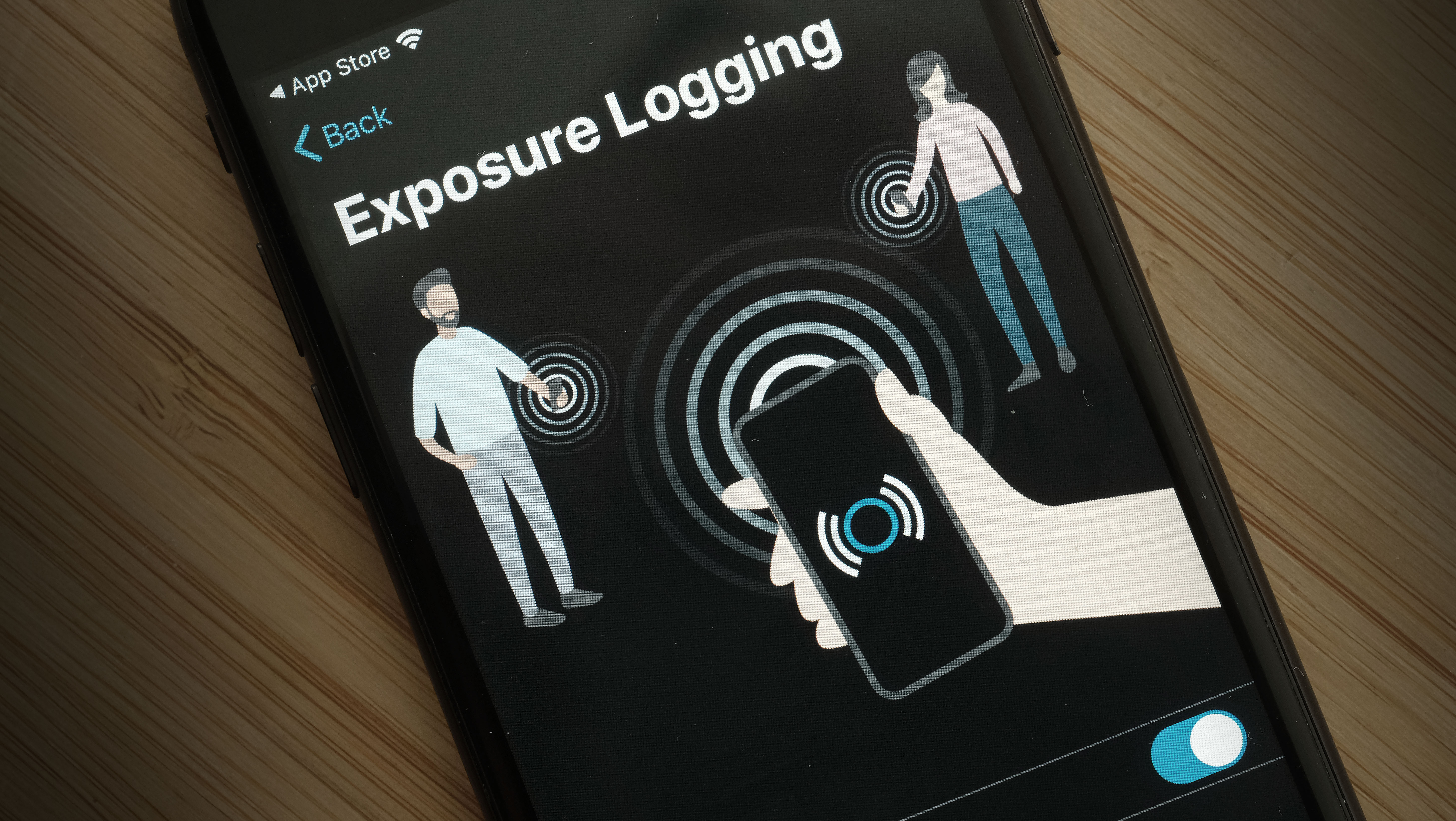 Coronavirus: why has the UK abandoned its contact-tracing app?
Coronavirus: why has the UK abandoned its contact-tracing app?In Depth Government now wants to use Apple and Google-based technology